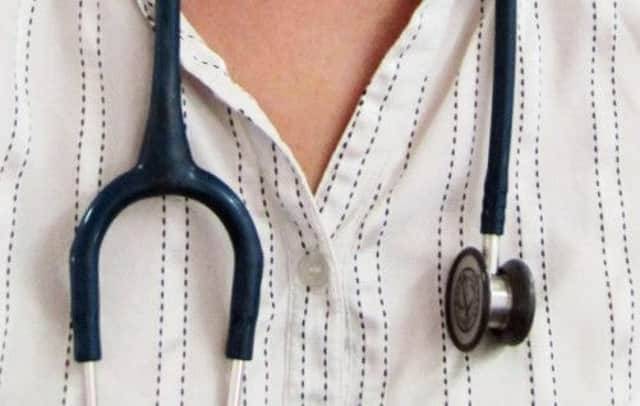NHS in Scotland needs different approach - expert


Professor Peter Davey, lead for clinical quality improvement at Dundee University, said a pilot study in Tayside which saw trainee doctors encouraged and supported to report errors had led to an increase in incidents flagged up so the NHS could take action to avoid mistakes being repeated.
Speaking at a conference at the Royal College of Physicians of Edinburgh today, Prof Davey will call for this approach to be repeated across Scotland.
Advertisement
Hide AdAdvertisement
Hide AdHe will say that the culture within the NHS discourages doctors from reporting errors for fear of having blame apportioned. Figures from the National Patient Safety Agency suggested that only 10-15 per cent of adverse incidents in the UK are reported by doctors.
In the Tayside study, trainee doctors were supported to report incidents and to review these with senior colleagues.
The number of incidents reported by trainees increased from five in 2005/06 to over 90 in 2011/12. Evidence suggests that an increase in adverse incidents leads to a drop in more serious errors due to people learning from the mistakes being flagged up.
Prof Davey said: “What we are talking about here is a radically different method of improving the quality of patient care.
“Traditionally, clinical advice has been cascaded from senior consultants down to trainee doctors and medical students and the culture within the profession and the NHS has not encouraged the open reporting of mistakes.
“This model turns this on its head and is about the tremendous positive potential for trainee-led, or bottom up, quality improvement.”
Dr Kerri Baker, chair of the Scottish Academy Trainee Doctors’ Group, added: “Today’s trainee doctors will be the consultants of tomorrow and the future of patient care in Scotland.
“As such, it is essential to instil in them the values, standards and practices that both patients and doctors aspire to for healthcare in Scotland.
“We must also aim to treat patients in a way that we would expect our own families to be treated when receiving care.”
SEE ALSO